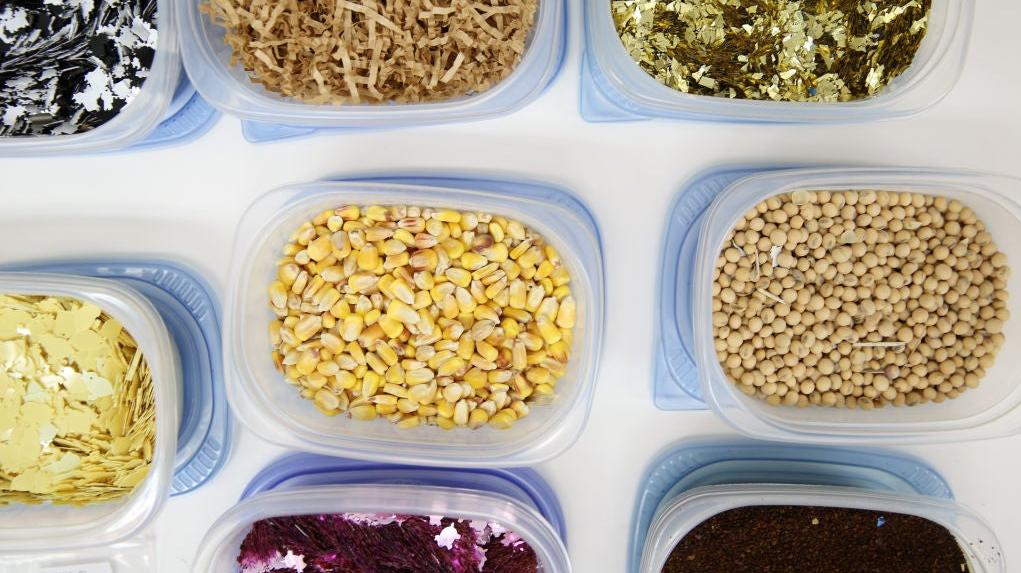Some People Think Leftovers Are Gross. Here's Why.
I'm one of those people who makes one or two giant meals on Sunday, portions out four or five servings into little glass Pyrex containers, and eats the same thing pretty much every day until the meal is gone. I usually opt for soups, roasted veggies, fajitas—stuff that reheats quickly and easily. But my sister won't touch leftovers. She's always been that way, leaving leftover chicken fingers in my parents' fridge for days since she was old enough to order for herself at a restaurant. A recent Huffpost article could explain why I subsist almost entirely on leftovers while my sister won't touch them. Turns out, it has a lot to do with psychology around food safety, economics, and confidence in the kitchen.
First, the article explains how eating leftovers can be an economic necessity for people who need to stretch their food dollars. I live alone and can't afford a lot of food waste, whereas my sister lives with four roommates who share meals and grocery dollars, so this tracks. Second, some people reportedly feel they're "racing against rot," worrying about whether food is still safe to eat, especially when it comes to meat and fish leftovers. One expert cited in the article recommends the "2-2-4 rule," which involves storing leftovers in a shallow, 2-inch dish, and eating them within four days. Still, my sister has expressed a case of the Yucks when it comes to day-old fish, so the issue might be a bit more deeply ingrained.
There's also the issue of cooking confidence. "If a person is lacking confidence or skills in their cooking abilities, they may be gripped with fear and less inclined to use up those leftovers," the article author writes. While I'm cool with repurposing leftover fried rice, shredded pork, or roasted veggies in other dishes, my 20-year-old sister understandably hasn't developed her kitchen chops just yet.
Finally, historic attitudes about leftovers in the U.S. might influence my sister's aversion. HuffPost cites an expert who explains that refrigerators were introduced into wealthy people's homes in the 1920s and 1930s, making safe, palatable leftovers a sign of prestige. But as food became cheaper and incomes rose, eating leftovers weren't considered as necessary. "They were seen as something seen closer to garbage than food," the author writes—an attitude that some people might still hold, consciously or unconsciously. Me, I'll take a three-day-old hamburger patty and call it lunch. But if you're not into leftovers, know that you're not alone.
